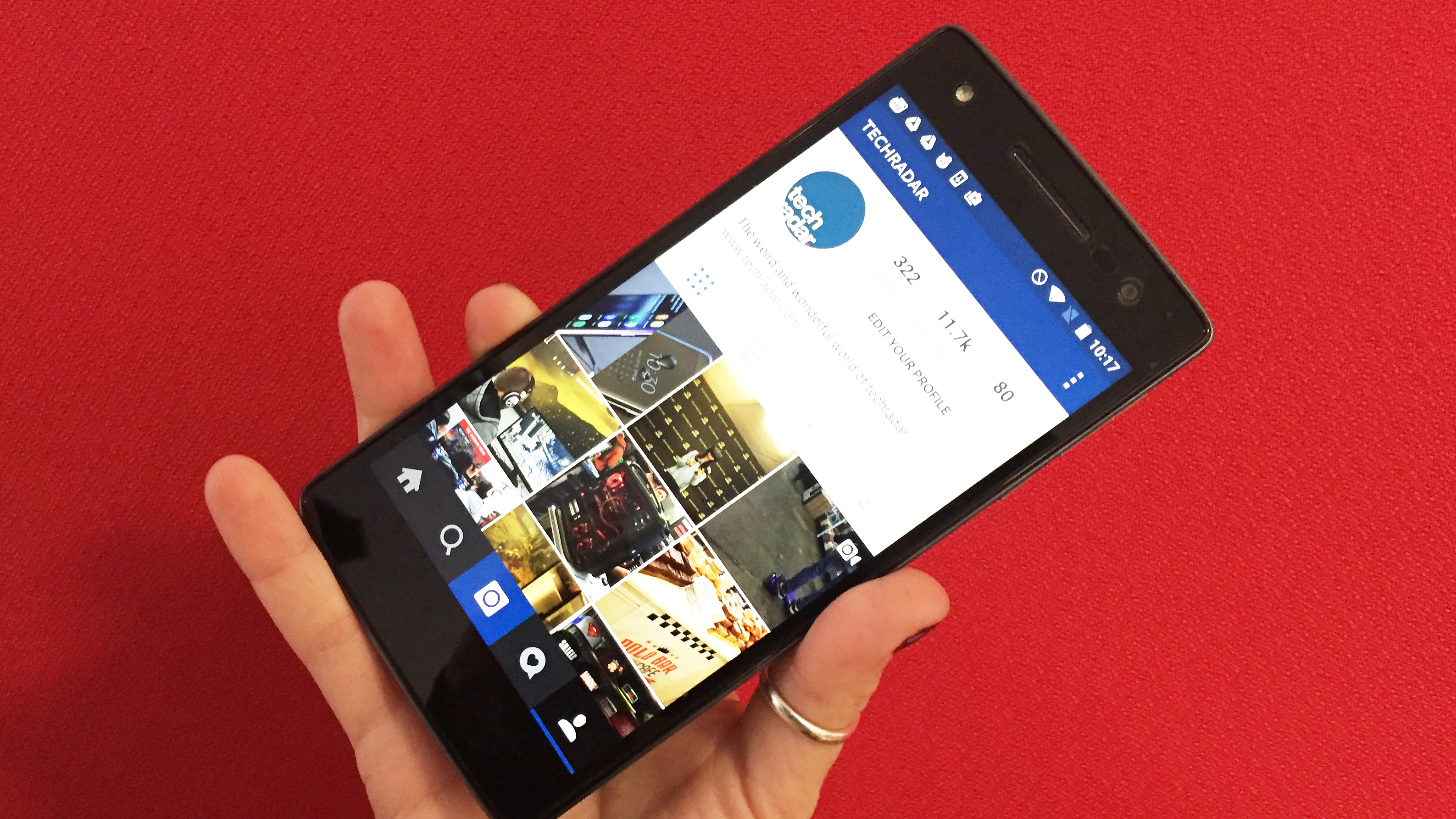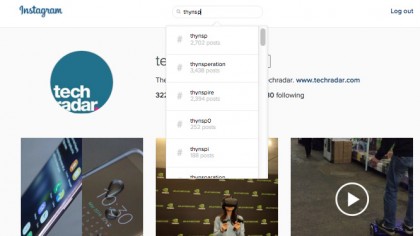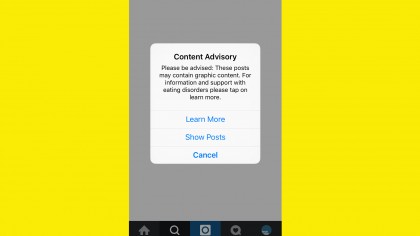
Researchers at Georgia Tech in the USA have found that when Instagram banned hashtags relating to pro-eating disorders, the pro-ED community just found out ways to circumvent, making them even more popular than before.
The research found that Instagram's actions against the hashtags only served to drive the community to more cunning ways to get around the ban.
Derivatives of the hashtag for "thinspiration" sprung up after it was banned in 2012. "Thynspiration" "Thynspo" and many more variations had a cumulative growth of between 15-30% higher than the original, with supporters discussing "self-harm, isolation and thoughts of suicide more often than the larger community of sufferers of eating disorders."

The more you ban, the more it will be a hit
Pro-eating disorder websites have grown exponentially with the rise in social media, although they've been around since the birth of the internet with pro-ana forums going back to before the millennium. Now, however, there's more awareness of the damage eating disorders do and social platforms are acting to counteract these sites.
Learnings for Instagram might be to stay its ban-hammer.
Stevie Chancellor, one of the researchers, suggests, "Maybe the search algorithms could be tweaked. Instead of similar terms being displayed, Instagram could introduce recovery-related terms in the search box."
In actual fact, Instagram says it doesn't ban all but the most extreme hashtags that incite actual bodily harm. It also provides warnings on the most prolific hashtags that remain un-banned, with links to a dedicated support page.
Get daily insight, inspiration and deals in your inbox
Sign up for breaking news, reviews, opinion, top tech deals, and more.

As online pressure mounts on social platforms to be pro-active in the fight against online abuse and trolls, Instagram has already started to make inroads in how they handle the darker side of social media to its credit.